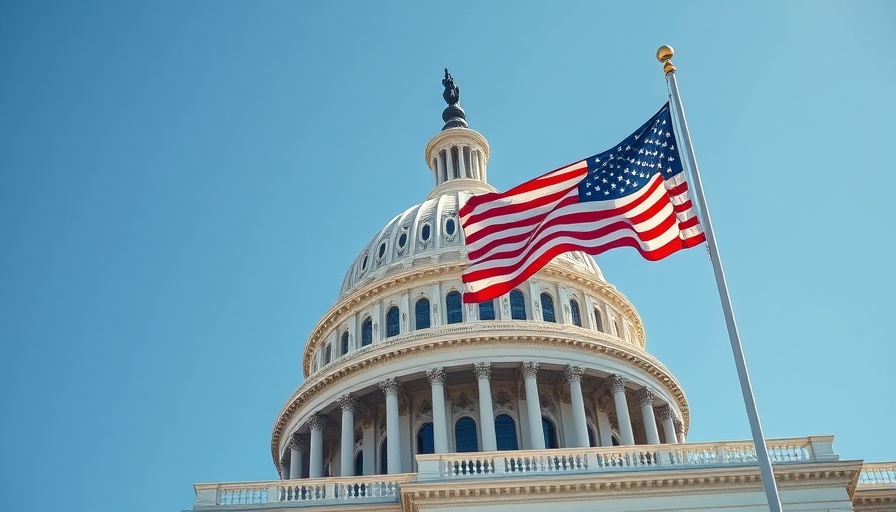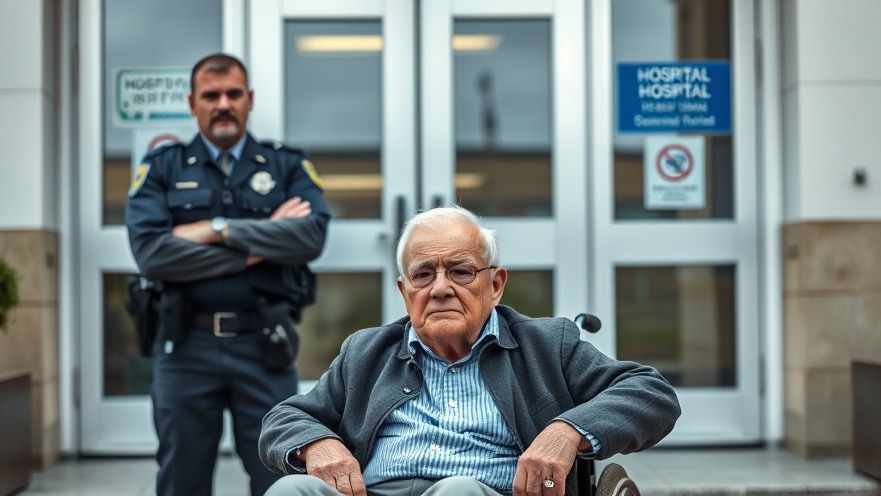
America’s Safety Net on the Brink: Understanding the Consequences
The recent passage by both the Senate and the House of Representatives of a budget reconciliation bill has raised alarms across the nation, especially among advocates for older adults and people with disabilities.
This bill proposes drastic cuts to essential programs like Medicaid and SNAP (Supplemental Nutrition Assistance Program), jeopardizing the wellbeing of millions who rely on these services to meet their basic needs.
The potential repercussions are severe. Justice in Aging, an organization dedicated to advocating for the rights of older adults, condemned the legislative actions as a "staggering betrayal" of vulnerable populations.
According to their Executive Director, Kevin Prindiville, the cuts could strip health care coverage from millions, shutter nursing facilities, and roll back decades of progress in ensuring that older adults can access care in their homes and communities.
A Growing Movement: The Fight Against Inequality
This vote isn't just about numbers; it’s about the lives and dignity of those impacted. Already, about 17 million Americans could lose their health insurance under these proposed changes, pushing low-income families further into poverty.
Utilizing statistics from the Kaiser Family Foundation, studies indicate that for seniors, access to health care is not merely a convenience, but a lifeline.
Both the Senate and the House's decision not to heed the overwhelming opposition expressed by constituents illuminates a broader trend of political disconnect regarding the needs of retirees and their families.
Tens of thousands voiced their concerns through petitions and advocacy campaigns leading up to the votes, demonstrating a clear message: the health and wellbeing of our elders should not be sacrificed for tax breaks for billionaires.
Personal Stories: Why Advocacy Matters
To truly understand the implications of these cuts, we need to share the stories of individuals—like Mary, a 78-year-old widow from a small town in Texas. Mary relies on Medicaid for her medical treatments and SNAP for groceries. Losing access to these programs would mean choosing between her medication and food, a gut-wrenching reality for many.
Mary is far from alone. Across the nation, countless individuals are fighting to keep their access to care and quality of life. It is these personal narratives that underscore the need for collective advocacy against legislation that undermines the security of our most vulnerable friends and family members.
Take a Stand: How You Can Make a Difference
As legislators have now sent the bill to the President's desk, your voice is more critical than ever. Justice in Aging urges community members to contact their representatives at 202-224-3121 and remind them of their duty to serve their constituents.
By uniting our voices, we can push back against the tide of policy decisions that threaten to dismantle critical support systems for the aging population.
Moreover, sharing personal stories of those affected can amplify your impact. Reach out to grassroots organizations that advocate for elder rights, volunteer your time, or even organize community discussions to educate others about these issues.
When individuals rally together, they can demonstrate the depth and breadth of support for programs like Medicaid and SNAP.
The Road Ahead: Potential for Change
Although the passage of this bill through both chambers of Congress represents a significant setback, there is hope. History shows us that advocacy can create change. The mobilization around health care rights has grown in recent years, leading to important discussions about funding and access—discussions that will continue even as the bill awaits the President's signature.
It remains crucial for all of us to stay involved. Understanding the implications of such legislative actions, advocating for our elders, and insisting on transparency and accountability from our lawmakers is vital. Remember, being engaged in the political process isn’t just beneficial; it’s necessary for the survival of vital support systems.
Join the fight, stay informed, and don’t hesitate to act.
 Add Row
Add Row  Add
Add 




Write A Comment